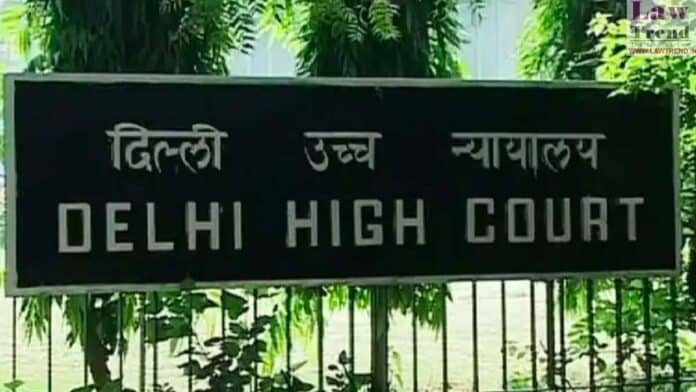The Delhi High Court has recently dismissed a Public Interest Litigation (PIL) that sought the issuance of guidelines for the release of undertrial prisoners on bail under judicial oversight.
The PIL, filed by one Gautam Kumar Laha, aimed to address the issue of overcrowded jails by proposing the creation of a district-level committee comprising various officials and public members.
This committee was intended to meet monthly to recommend eligible undertrial prisoners for bail, thereby reducing jail populations and enhancing the living conditions for detainees.
A Bench of Acting Chief Justice Manmohan and Justice Manmeet Pritam Singh Arora, however, noted that similar matters are currently under the supervision of the Supreme Court, which has already taken significant steps towards reforming prison conditions, including the formation of Under Trial Review Committees as per the Standard Operating Procedures (SOP) laid out by the National Legal Services Authority (NALSA).
Assistant Solicitor General Chetan Sharma, representing the Union Government, affirmed the actions already taken, referencing a 2019 directive from the Ministry of Home Affairs that instructed states and Union Territories to implement these SOPs.
“In this regard, the Supreme Court has issued directions to each state government to set up a designated committee, which has its focus on taking steps for setting up new jails, expanding the existing facilities in the jails and providing facilities to the inmates through the use of technology,” the court noted.
The Bench noted that the Supreme Court has already identified specific categories of inmates eligible for early release and has directed state governments to set up committees for prison reform, including the construction of new jails and the expansion of existing facilities.
Also Read
With these considerations, the High Court found no grounds to entertain the PIL, saying that the issues raised are already being addressed at the national level by the Supreme Court.
“…that since the issues raised by the Petitioner in the present petition are directly in issue …. pending before the Supreme Court and are being supervised therein, we find no reason for entertaining the present petition,” the court’s order read.




